Some cases of myelofibrosis have a mutation in the JAK2 gene known as V617f-positive myelofibrosis. Myelofibrosis is one of six myeloproliferative neoplasms, which are chronic blood disorders. Myelofibrosis disrupts the production of blood cells, leading to scarring of the bone marrow. This is caused when there is an excess of white blood cells and not enough red blood cells. Myelofibrosis and other myeloproliferative neoplasms are rare, with nearly 20,000 cases in the United States.
Around 20% of all myelofibrosis cases have no symptoms at the time of diagnosis. Routine blood tests often lead to doctors suspecting myelofibrosis in patients. Symptoms usually develop gradually over time, often including complications such as:
- Persistent fatigue
- Anemia from lack of red blood cells
- Fever
- Unexplained weight loss
- Night sweats
Treatments for V617f-Positive Myelofibrosis
Half of all cases of myelofibrosis are V617f-positive with the JAK2 mutation. After the diagnosis of myelofibrosis is confirmed, blood or bone marrow samples are collected to test for any mutations. Because it is so common, testing for the JAK2 mutation is a standard practice when diagnosing myelofibrosis and other myeloproliferative neoplasms. JAK2 molecular testing can also be used to confirm the diagnosis of myelofibrosis in some patients. Cases of myelofibrosis that test positive for the JAK2 mutation have lower survival rates than those without the mutation.
Those who test positive are often eligible for JAK2 inhibitors. These targeted therapies prevent the abnormal JAK2 proteins from performing vital functions leading to cancer cells being killed. The development of these new targeted therapies for the JAK2 mutation, such as Jakafi (Ruxolitinib), has increased those long-term survival rates and helped relieve symptoms from myelofibrosis such as an enlarged spleen, night sweats, itching, and bone pain.
Jakafi remains one of the only FDA approved therapy for myelofibrosis. There are approximately 78 active clinical trials that are recruiting myelofibrosis patients now in the United States. Other therapies for JAK2 positive myelofibrosis currently in clinical trials include JAK inhibitors such as pacritinib, momelotinib, NS-018, and more. Other types of treatment for myelofibrosis patients often are biotherapies, stem cell transplantation, chemotherapy and more.
To learn more about Myelofibrosis, read our ultimate guide: Myelofibrosis Ultimate Guide
































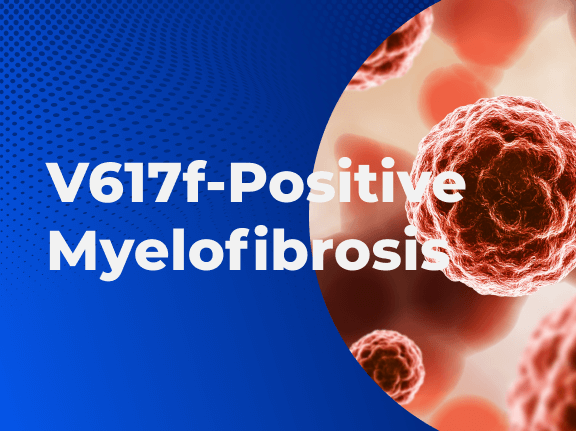
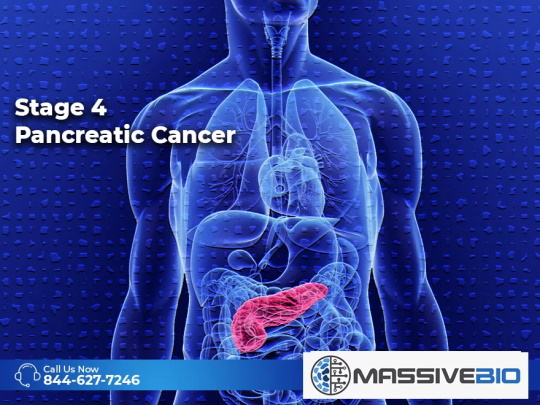
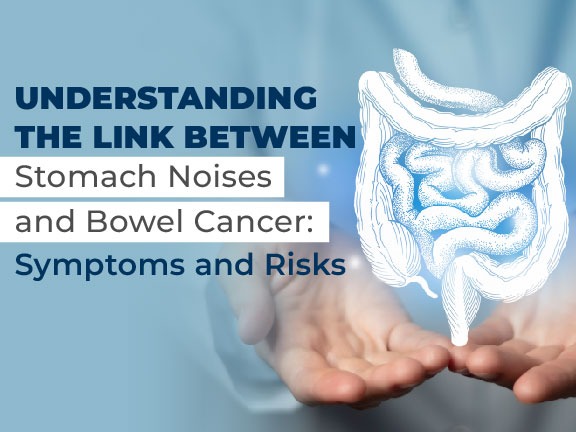
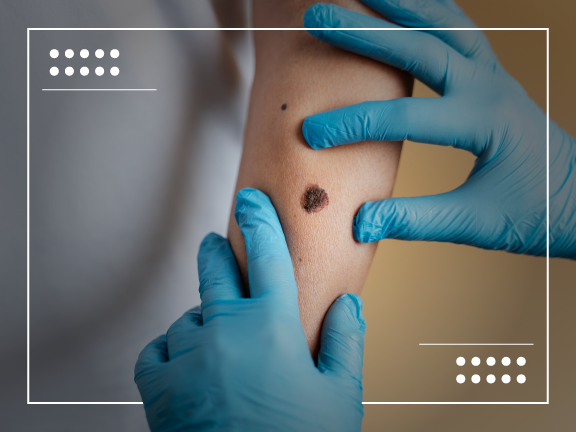


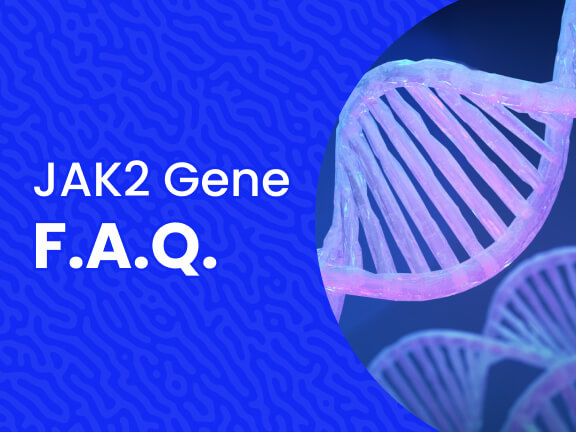
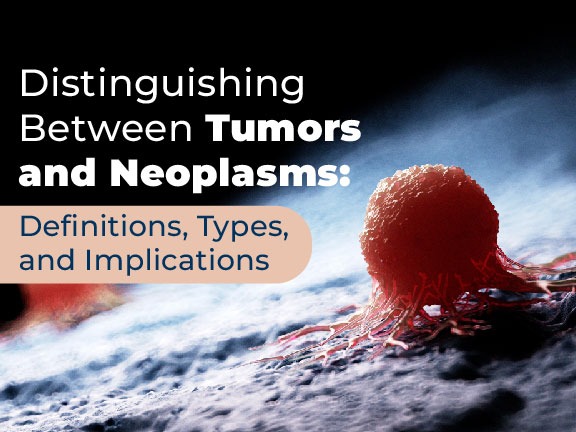
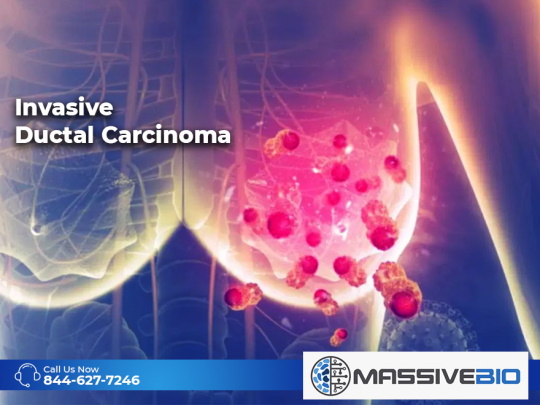

2 Comments
Myelofibrosis very good read I have myelofibrosis I’ve had it for five years my consultant asked if I wanted a stem cell and bone marrow transplant and I said no I am 68 I’d rather do trails so I can help others
Hi Paul,
Thank you for sharing and helping others through clinical trial enrollment, as you know clinical trials are pivotal in improving diagnosis and treatment options for cancer patients, there are many new clinical trials available for patients all over the world who have been diagnosed with myelofibrosis, you can contact us today to speak with a Patient Relations Coordinator for more information.